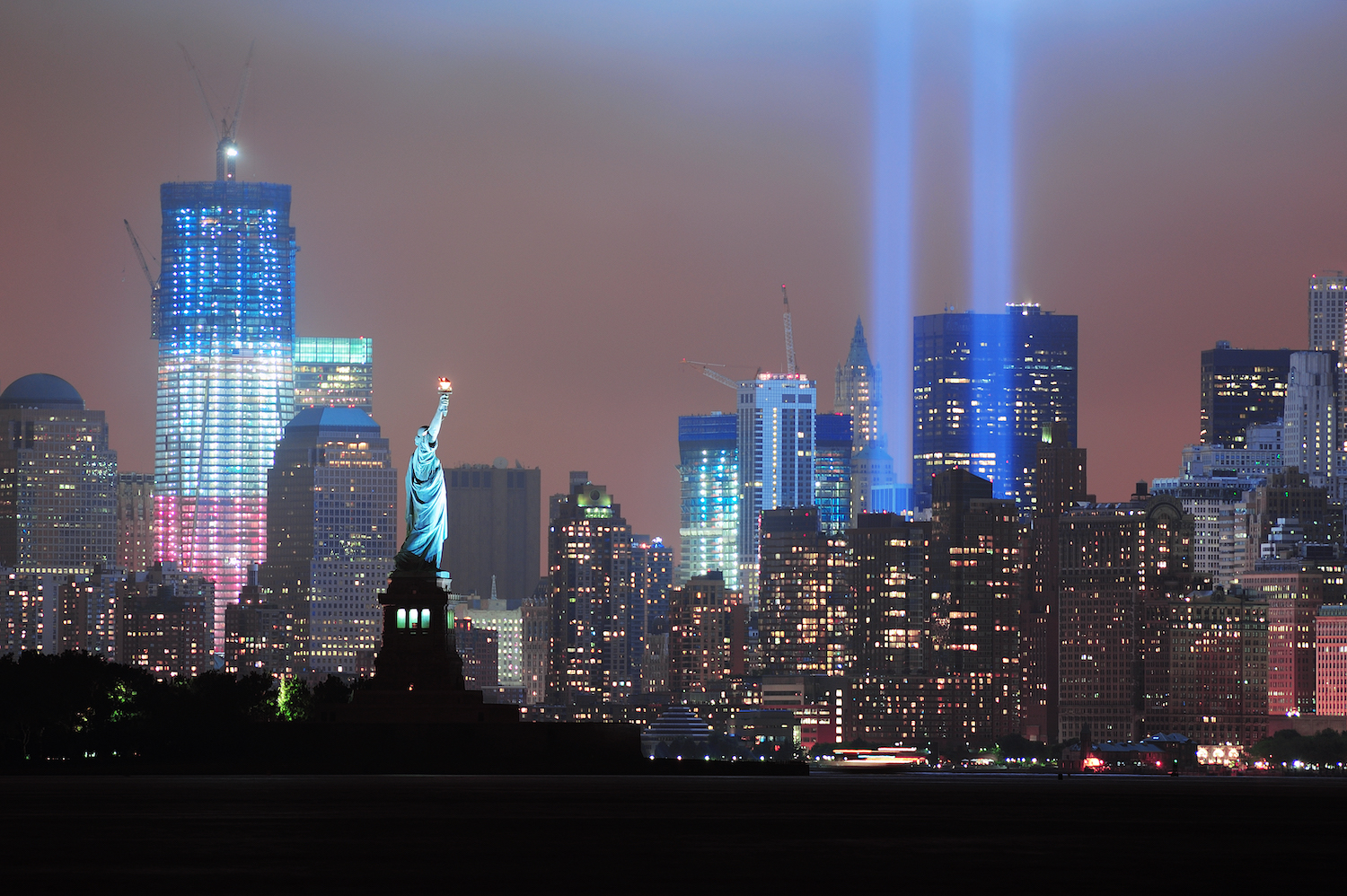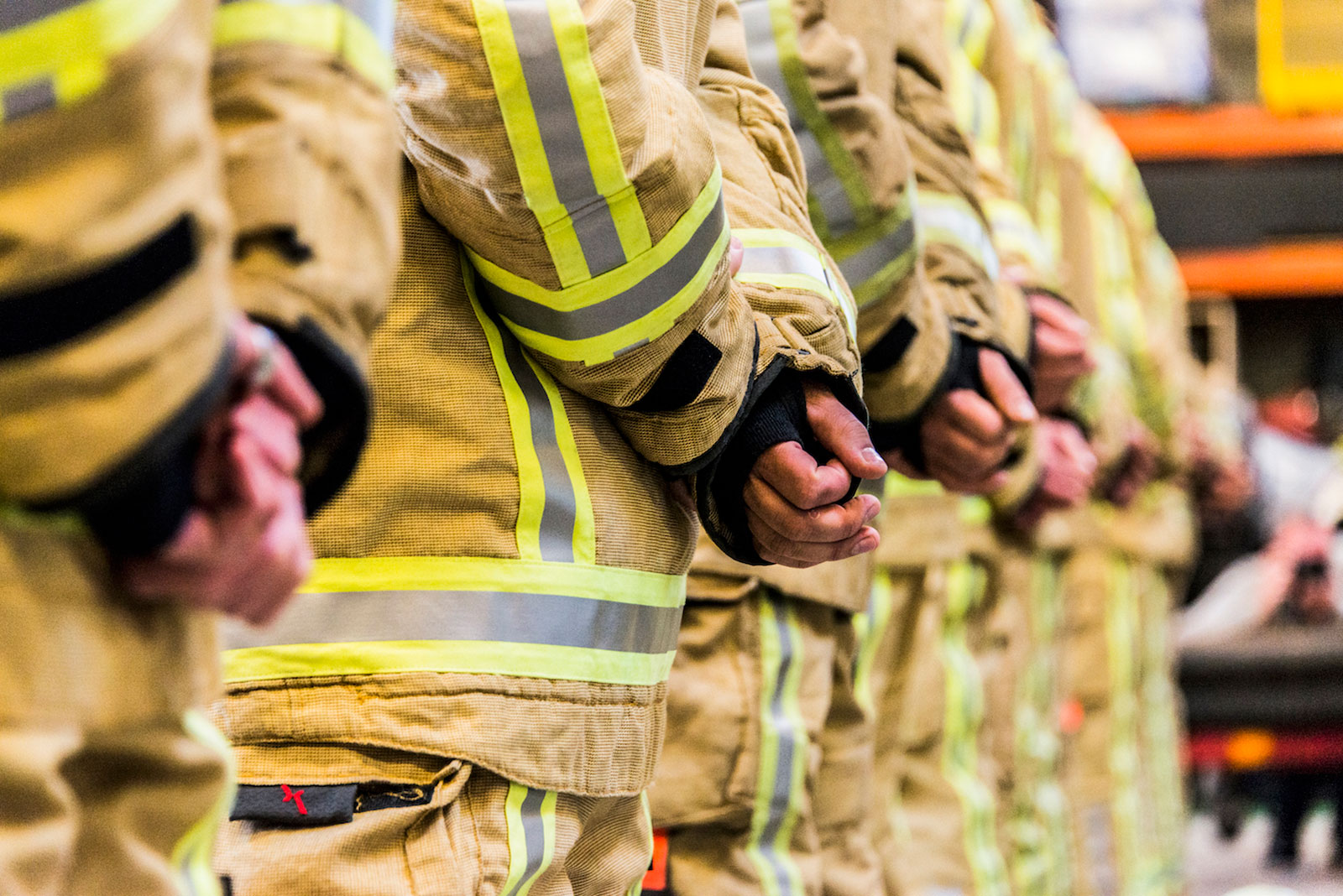The devastating Sept. 11 World Trade Center attacks deeply affected American economic stability, personal safety and sociocultural divides, but the staggering health effects are only now being discovered and addressed. First responders, office workers and local residents were exposed to harmful building materials like asbestos, benzene, dioxin, lead and glass fibers among many other irritants and toxins that have led to alarming diagnoses.
The initial medical response to the attacks included the Medical Monitoring and Treatment Program and the World Trade Center Environmental Health Center Community Program. In 2011, New York City’s Mount Sinai Hospital established the World Trade Center Health Program to research and monitor the event’s effects on impacted groups.
The negative health consequences of the attacks are wide-ranging and include many types of cancer, including prostate, melanoma and breast cancer. Nearly two decades after the events, patients—including local residents and rescue and recovery workers—still receive diagnoses related to the attacks.
However, the potential health effects of 9/11 were initially downplayed. Christine Whitman, the head of the Environmental Protection Agency, made and later retracted a statement that the air was safe to breathe around ground zero. The initial Sept. 11 Victim Compensation Fund only addressed survivors, families of the deceased, and those directly injured in the attacks. Because cancers can have a long latency period—sometimes even years or decades before they develop—it was not obvious what could be attributable to the attacks. In early 2019, a larger $7.3 billion dollar compensation fund to cover medical care for burgeoning diseases in the affected population like cancer, major depressive disorder, heart disease and obstructive sleep apnea began running out of money.
Getting compensation for 9/11 victims and their families—namely, free medical care for 9/11-related illnesses—was previously stonewalled by Republican politicians. Comedian and director Jon Stewart, who interviewed responders on television and could see the twin towers from his apartment, famously stepped in to testify on behalf of 9/11 responders. He most recently stood before the House in June 2019, endorsing the Never Forget the Heroes Act that would extend benefits through 2090. The law passed the Senate weeks after and was signed into law later that summer. It now accounts for inflation and the lifespan of someone who was very young in 2001.
What cancers are associated with 9/11? Determining this requires work. For example, although the incidences (number of people diagnosed in a given year) of cancer in WTC patients were unusually high, one cannot automatically jump to the conclusion that Sept. 11 was the cause. After all, these patients are more likely to have additional medical surveillance, meaning more face time with doctors and more blood tests and CT scans.
Emanuela Taioli, M.D., Ph.D., of the Icahn School of Medicine at Mount Sinai, received a grant in 2016 to study whether 9/11 contaminants were an independent risk factor for cancer. In 2019, Taioli published an answer in the International Journal of Environmental Research and Public Health. Taioli researched thyroid cancer cases and found that if “surveillance bias” was the cause, cancer would have occurred in younger patients than the average age (51 years, according to the Mount Sinai general thyroid cancer registry) and in smaller numbers. Instead, there were no statistically significant differences; the mean age at discovery for WTC patients was nearly 49 years old.
Because cancers can have a long latency period—sometimes even years or decades before they develop—it was not obvious what could be attributable to the attacks.
Taioli also found unique genetic changes in WTC prostate cancer patients that seemed to be linked to whether they inhaled toxic dust. A specific array of genes was “turned on,” or actively working and producing inflammatory proteins in the body. Because chronic inflammation can lead to prostate cancer, Taioli concluded that these respiratory contaminants led to a very specific and cancer-promoting inflammation based on the genes that were “turned on.”
The World Trade Center Health Registry yielded another concerning observation. Jim Cone, M.D., and colleagues at the New York City Department of Health and Mental Hygiene published results of a study in a 2018 issue of the Journal of Occupational and Environmental Medicine, revealing deaths related to alcohol and drugs were more common in World Trade Center survivors. If the rates of drug and alcohol use increased to the point of spiking death rates, one could assume that drug and alcohol use rates were up in general. For example, alcohol consumption is a known risk factor for gastrointestinal cancer, and the risk from site toxins combined with an increased propensity to use alcohol, can accelerate the development of cancer.
What can we expect in the future regarding cancer and 9/11-affected patients? A group of Albert Einstein College of Medicine researchers, led by David Prezant, the pulmonologist who famously was one of the first doctors on the scene at ground zero, assessed the costs and potential new diagnoses of World Trade Center-related cancers. In a 2018 JAMA Oncology article, the group says, “We expect more prostate, thyroid and melanoma cases, but fewer lung, colorectal and kidney cancers.” Reasons for this include exposure to toxic contaminants and the latency of lung cancer.

Scientific research continues on the effects of the attacks. “I think that we are missing studies on cancer aggressiveness in the World Trade Center responders, as well as studies on molecular signatures of past exposure to World Trade Center dust in cancer cases,” says Taioli. In other words, she hopes to be able to distinguish some cancers as definitively related to toxins from 9/11.
Can someone with any type of cancer at all claim benefits? On an individual level, it’s important to remember that as unfair as it may seem, some people exposed to the aftermath of 9/11 were always going to be diagnosed with cancer some day, based on genetics, lifestyle factors or pure chance.
“The World Trade Center attack is an emotional subject. Cancer is also an emotional subject. There is a tendency to want to blame something for every diagnosed cancer,” says oncologist Otis Brawley. “We often attribute cancer to some environmental exposure. When these World Trade Center heroes are diagnosed as having a cancer, even a cancer common in the population, there is a natural tendency to assume it is due to their service at the World Trade Center.” That is why the list of related cancers is specified. The good news, however, is that the list is so exhaustive that most types of cancer are covered.







